【新唐人2011年5月2日訊】中共已故領導人毛澤東孫子毛新宇又出雷人之語。他最近到中國古典名著《水滸傳》的發源地——山東梁山,他說,要採用階級分析的方法,分析《水滸傳》梁山招安的問題。他還表示,登梁山讓他對「爺爺領導的革命,有了更深刻理解」。輿論反應,毛新宇等於公開承認毛澤東是土匪出身。
梁山縣政府辦公室信息中心透露,4月 28號,毛新宇,帶著妻子劉濱「到梁山考察工作」。作為解放軍軍科院少將副部長的毛新宇,受到梁山景區工作人員裝扮的「梁山好漢 108將」迎接。
當地新聞媒體報導,毛新宇沿著1919年毛澤東登梁山的路線途中,頻頻表示“一定要向爺爺學習”,並且認識到,中國革命必須建立“根據地”。
當被問到如何對待「宋江招安」的問題時,毛新宇認為,要用階級分析的方法來對待。他還表示,登上樑山使他對「梁山好漢」的起義方式,有了更為深刻的理解。
毛新宇「登梁山」的言行,引來網民的一片笑聲。網民說,不打自招,承認自己的祖輩是土匪出生。還有網友指出,毛澤東本來就是“佔山為王、割據一方”的土匪!
那麼,毛澤東到底是不是土匪出身呢?
1927年,毛澤東發動的“秋收暴動”,被國民黨打敗後,他看中了井岡山險峻的地形,就帶了殘餘的七百多人,自任“工農革命軍第一司令”,上井崗山當土匪。據記載,他送了一些軍火給當地的兩名土匪頭目袁文才和王佐,成功的在井岡山站穩了腳根,之後他再把這兩個土匪頭子除掉,毛澤東奪權後控制整個井崗山地區。這個記載,幾乎就是《水滸傳》上晁蓋等七人上樑山泊「落草為寇」的現代翻版了。
郭國汀(原中國人權律師):“毛澤東可以說是從土匪出身的,他的很多作法就是土匪。毛澤東跟朱德匯合以後,在井崗山憑甚麼吃飯呢?他就是靠所謂打土豪劣紳方式吃飯。那甚麼叫土豪劣紳呢?也就是地主及地方上的富人,毛澤東的土匪軍隊就是當時的所謂的紅軍,就是到處殺人獵貨,綁架人質,敲詐勒索。
前北京大學教授、史學家蘇明認為,中共是獸性匪類政權。
蘇明(史學家):“土匪盜賊們所追求的只有物慾,那就是酒、肉、錢。為了酒、肉、錢,它們不在乎去殺人、搶劫、綁票、強姦、霸佔、偷竊。結合到共黨前三十年和後三十年的一切所作所為,始終貫穿了這一獸性物慾,土匪大盜的規律行事的,所以把共黨這個政權稱作為獸性共產匪類政權是一點都不為過的。
據毛澤東自己說,他從少年時代開始,就喜歡讀《水滸傳》。在他一系列作品中,經常可以看到他引用的《水滸》典故﹔毛澤東認為,《水滸》一書只反貪官,不反皇帝。他還說:「《水滸》這部書,好就好在投降。做反面教材,使人民都知道投降派。」
《水滸傳》是中國第一部歌頌農民起義的長篇章回體小說,原名《江湖豪客傳》或《水滸全傳》,美國記者翻譯書名為《四海之內皆兄弟》,作者施耐庵描寫了梁山108位好漢們,從起義到興盛再到最終失敗的全過程。
新唐人記者李靜、李璐綜合報導。
Mao's Villain Background?
Mao Xinyu, grandson of the former leader
Mao Zedong, again said something ludicrous
while visiting the origin of the famous Chinese
classical novel "Outlaws of the Marsh",
including using class analysis to study the issue
of offering amnesty to rebels. He also said
that this visit intensified his understanding of
Mao's revolution. Media commented
that his remarks equated to admitting
Mao has a villain background.
Local authorities said on April 28, that Mao Xinyu
and his wife visited Mount Liang, Shangdong,
place of origin of the novel "Outlaws of the Marsh".
As a Major General, Mao Xinyu was greeted
by people mimicking the 108 outlaws in the novel.
Local media said, that Mao Xinyu traced the route
used by Mao to Mount Liang in 1919,
insisting he ought to learn from his grandfather.
He also said that the Chinese revolution required
one to know his or her roots.
When asked how to evaluate the amnesty to rebels,
written in the novel, he said to use the class analysis.
He also stated, that after visiting Mount Liang
he has a better understanding of how rebels fought.
Mao Xinyu's words sparked laughter amid netizens.
Some said that without being pressed he confessed
that his ancestors originated from villains.
Others pointed out, that Mao Zedong was indeed
a bandit at one time.
But does Mao really have a villain background?
After his Autumn Harvest Uprising was defeated
by KMT, Mao took his 700 remaining soldiers
to Mount Jinggang to become bandits.
Records have it that he bribed
two leaders of the local bandits
with some ammunitions in exchange for his life.
Later, he killed these two leaders
and controlled the entire bandit gangs in the region.
This record of Mao coincides remarkably with
that depicted in the novel "Outlaws of the Marsh".
Guo Guoting, former Chinese lawyer said:
“Mao Zedong can be regarded as originating
from villains, since his deeds resembled
those of bandits. After he got to Mount Jinggang,
how could he survive? He survived by the so-called
“fighting the local tyrants and gentries.”
What does this mean? It is robbing
the local rich people. Mao's Red Army
indeed kidnapped, robbed and killed
in the Mount Jinggang region in order to survive.”
Su Min, former Beijing University history professor,
said the Chinese authorities are a bandit government.
Su Min: “Bandits pursue materials like wine, meat
and money. For these, they dare to kill, rob, kidnap,
rape, seize and steal. What the Chinese communist
regime did in the first and second 30 years
all came down to what the bandits could have done.
So, it would not be an exaggeration to perceive
the CCP's regime as a bandit government.”
Mao Zedong once said that he liked to read
this novel when he was young. He often quoted
the novel in his works and said, this novel advocates
opposition to corrupt officials, but not to emperor.
He also said, the quintessence of this novel lays in
the capitulation. It exemplified what surrender was.
"Outlaws of the Marsh", also known
as "Water Margin" or "All Men Are Brothers",
is the first novel by Shi Naian in Chinese literature
that details the entire course of 108 outlaws
from their uprisings, successes and tribulations
during the Song Dynasty.
NTD reporters Li Jing and Li Lu
看下一集
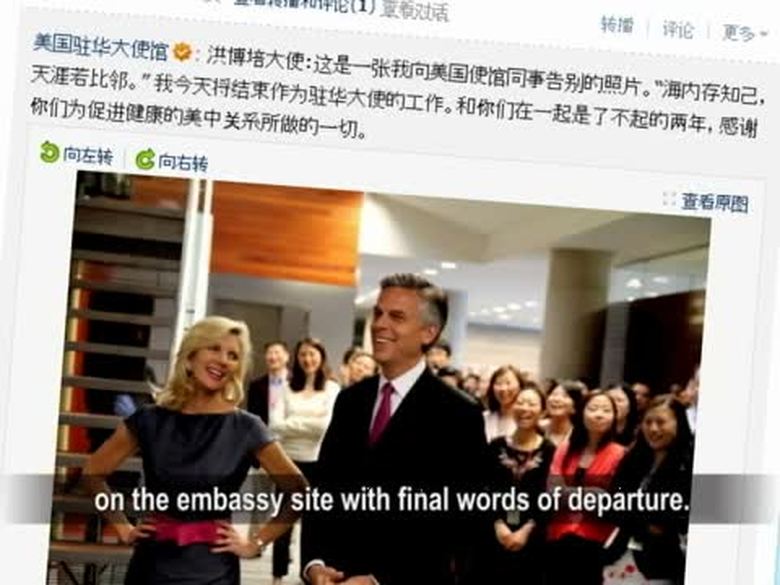
【禁聞】「後會有期」美駐華大使離職
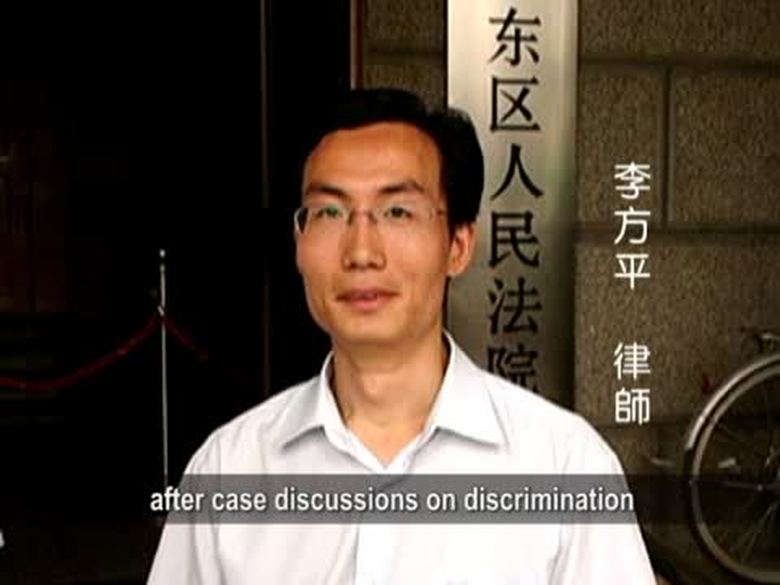
【禁聞】中國維權律師輪流被失蹤 國際關注
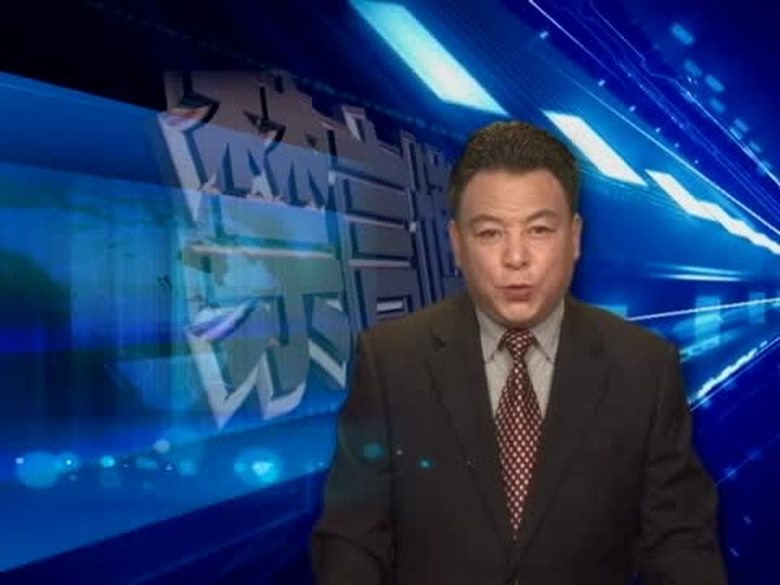
【禁言博客】黔驢技窮-央視報導三板斧

【禁聞】武鋼職工醫院成當局私監獄?
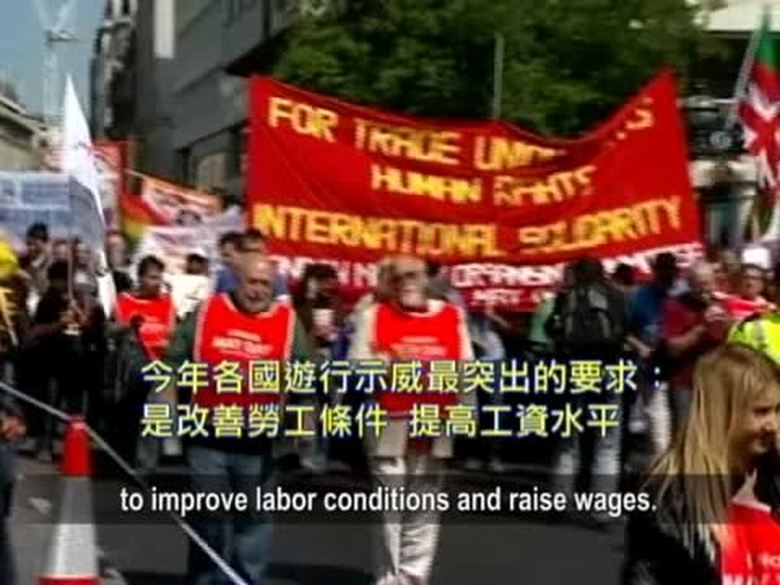
【禁聞】中國式“五一”維權 「動口不動手」
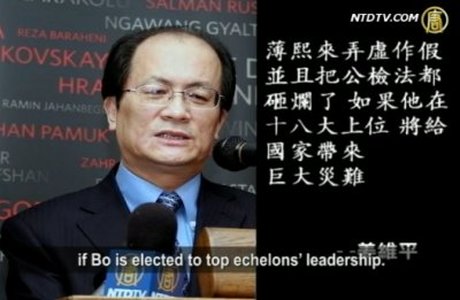
【禁聞】薄熙來上位中國有甚麼災難?

【禁聞】世界新聞自由日 中國記者處境堪慮

【禁聞】中國公交車和國外公交車有何不同?
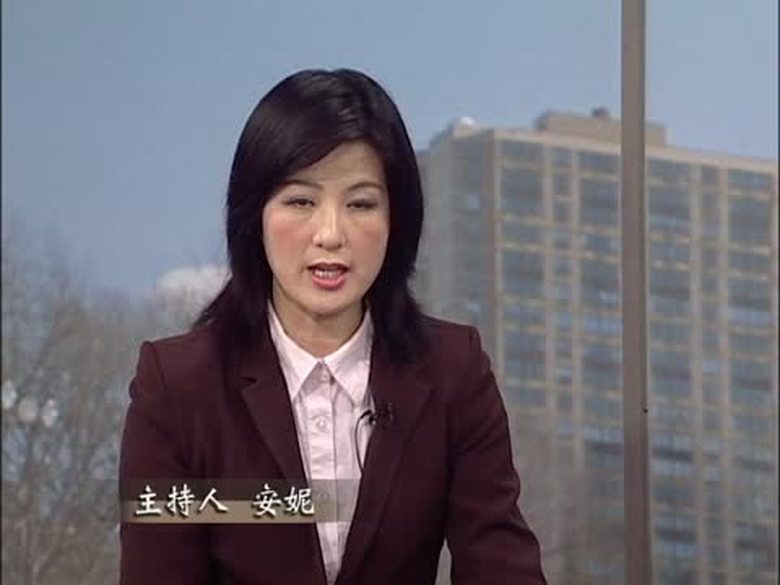
【禁聞論壇】"染色饅頭"背後的秘密
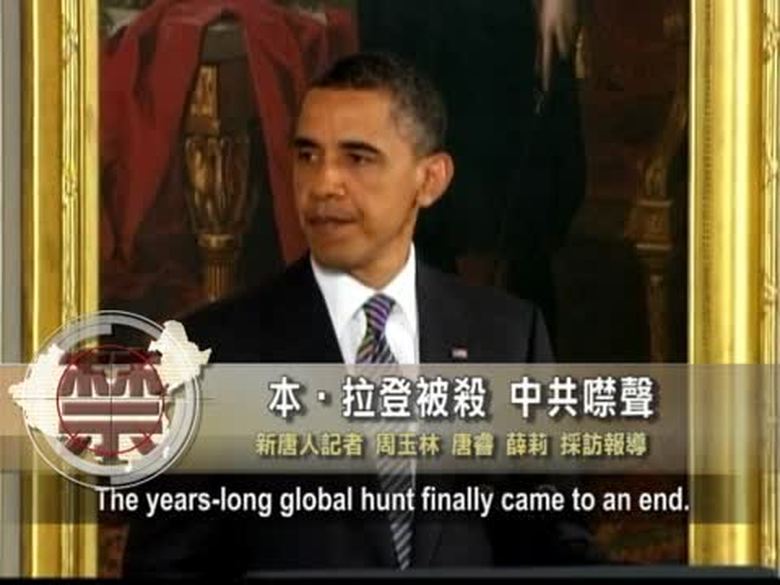
【禁聞】本‧拉登被殺 中共噤聲
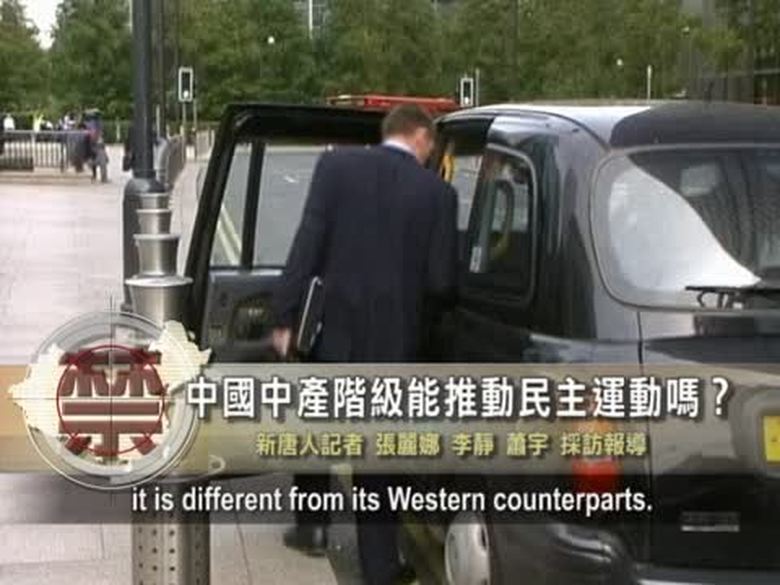
【禁聞】中國中產階級能推動民主運動嗎?
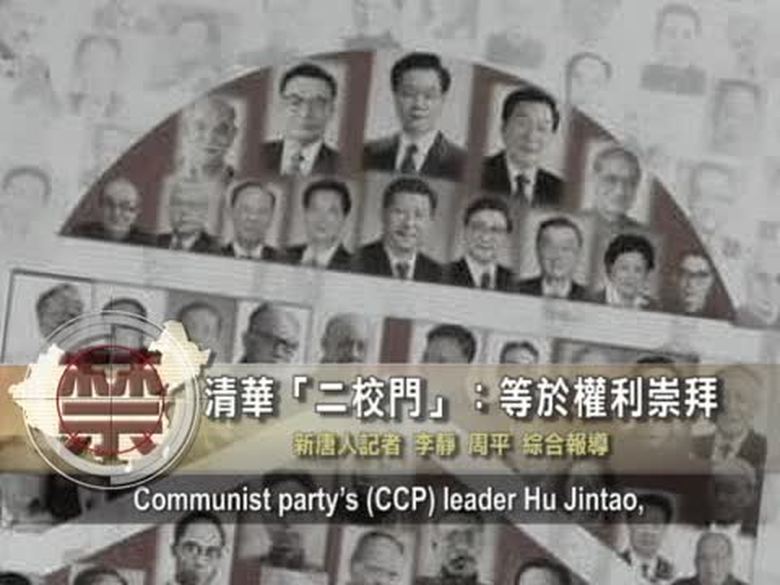
【禁聞】清華“二校門”:等於權利崇拜

【禁聞】本.拉登之死 牽動世界格局
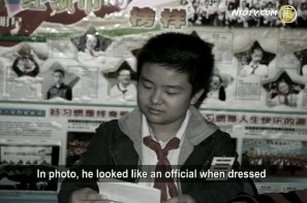
【禁聞】2歲童看“新聞聯播” 眾人擔憂

【禁言博客】為山羊而戰
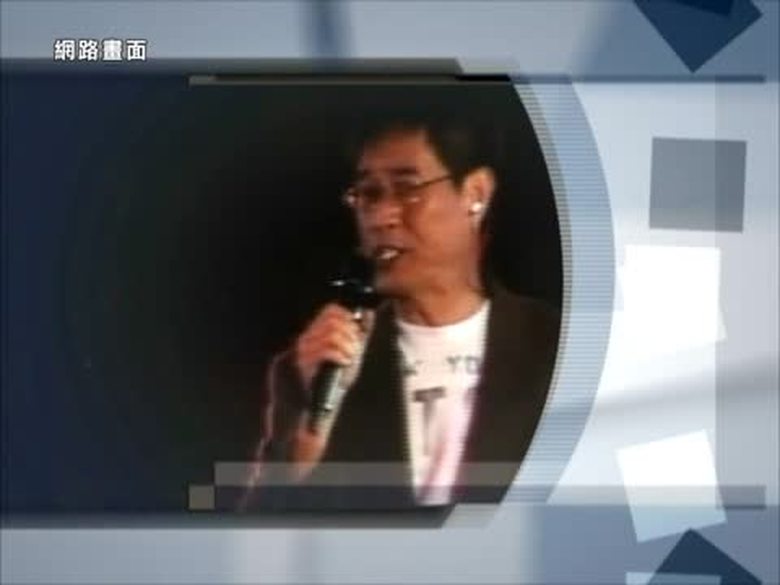
【禁聞】侯德健北京重登臺 6.4話題再起








